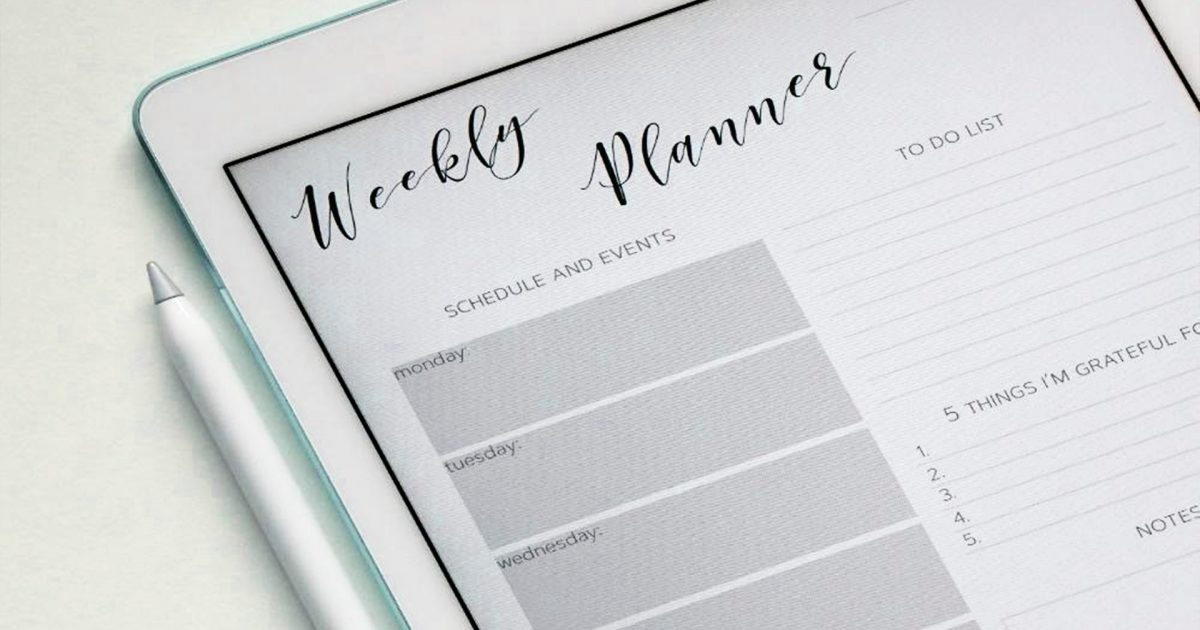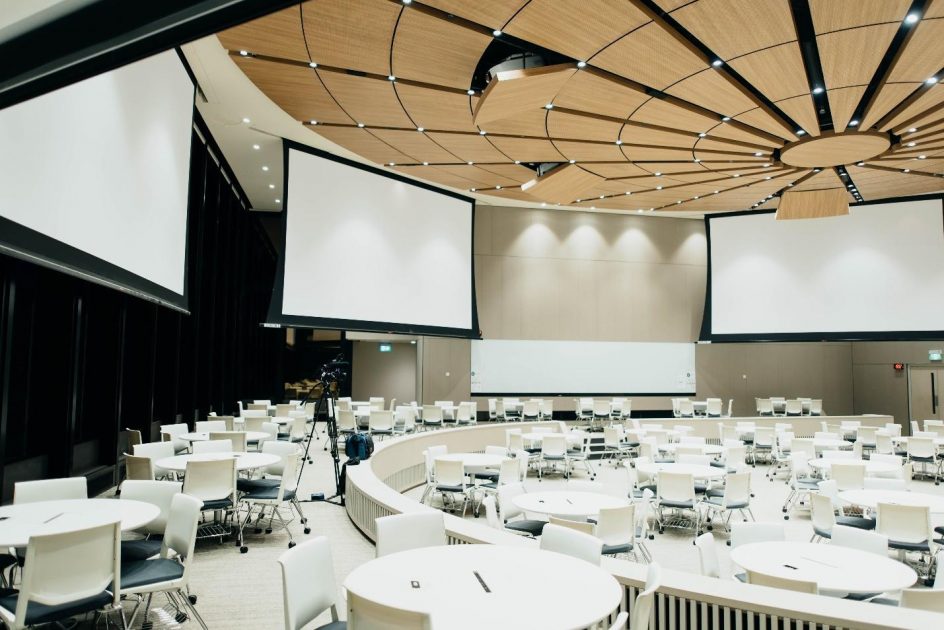After two years of virtual meetings and events, returning to in-person events is a giant step for most people. It has both the nostalgia of the past and the precariousness of the present, considering the difference in the situations they both occur.
While it generally is a triumph, planning an in-person event after a pandemic is critical for any company. There are concerns on how safe the event will be and whether it will live up to the people’s thirst for outdoor events. It is expected that after staying virtual for two years, people’s expectations of an in-person event have peaked.
People now have more expectations of in-person events. An effective content strategy can transform the event into a huge success, not only fulfilling all expectations but exceeding them. Content is always key, and mastering your content strategy is the first step towards holding a successful in-person event, especially after a pandemic.
Below are tips on how to build an effective content strategy:
1. Find Most Valuable Content
As the world was in isolation, content creation increased as more people were able to create, and even more, were able to consume. Some unknown content creators rose to fame, amazing the world with their content. When building an effective content strategy, the most excellent way is to find the most valuable content that became hits during the two years of restriction.
You can begin this by identifying the most valuable content that had an immense impact on your audience. Analyze the content, both structure and design, asking questions on why it was most relatable to your target audience then. You should research whether your target audience feels the same way about the said content two years later. Find their thoughts on whether transitioning the content from virtual space to an in-person space is a great idea.
For example, if you are planning a Human Resource event, researching content creators who blew up in the marketing field during the pandemic would be a plus. Inviting them to grace your event or give keynote speeches will make most people abandon the skepticism and attend your event. It will give your audience value for their money, and the event will be a resounding success.
2. Find Your Audience’s Questions about In-Person Events
Through the internet, your audience is always asking questions on the nature and content they’d love to interact with within an in-person event.
If you understand your audience well, you will find the questions with ease. However, since you can’t rely on your own understanding to build an effective content strategy, you can look up the following social media platforms:
- Twitter: Twitter thrives on people tweeting opinions while others are retweeting or commenting on the same. You can use Twitter to find popular ideas and thoughts on what your target audience thinks about an in-person event, then try to integrate it into your content strategy.
- Quora: Quora, unlike Twitter, provides the purest information for the best market practices. The site operates on people asking questions, then experts in the field give a varying range of answers. For Quora, it is strict on posting legitimate posts only. Through reading the questions and answers, you can get an idea of what to include in your content strategy.
- Reddit: On Reddit, multiple users discuss ideas with a wide range of topics. It allows for examining a specific subtopic through subreddits. When creating your content strategy, reading through such discussions will give great insights.
3. Answer The Questions
After intensive research to find what your target audience needs, write down all the concerns and try to answer them with your content strategy. Ensure that you tailor your content strategy for your in-person event towards fulfilling the questions and needs of your target audience.
Analyze each of the popular demands and weigh it against how practical they are to making your in-person event a success. Most of the prevalent requests often have gaps. It is up to you when building a content strategy to find those gaps and try to fill them. Your target audience will be keen to attend your in-person event if it answers all the products of their curiosity: the What Ifs and the so what?
In answering the questions, be keen to pick only questions that you have complete answers for.
Some demands are heavy for a single event and might need a series of events to help in implementing. Such demands should be shelved for future events, which will have more planning time. As for the first in-person event, strive for success and excellence by answering questions which can be done with ease.
4. Event Objective
The above three tips have been building up towards creating an event objective that suits your content strategy efficiently. By gaining an understanding of the target audience’s demands, the event objective will help you build an effective content strategy. It will serve as a yardstick in which you will use to measure your impact.
Creating event objectives should be specific to the aim of creating the in-person event. It should align with the desirable aims and provide an avenue in which its impact is measurable. The objectives should also be achievable, relevant to the market concerns and questions, and should occur within a specified time that will allow for successful implementation. If some of the event’s objectives won’t be accomplished within the in-person event, it is essential to provide in your content strategy an alternative follow-up plan.
In conclusion, building an effective content strategy when returning to in-person events depends on your understanding of your target audience. Your target audience, as the consumers of your content, dictate what and how your content strategy will be executed. Once you have the understanding of your target audience, a concrete set of event objectives is the bridge to the other side of carrying out a successful in-person event.
Author’s bio. Jessica Fender is a marketer with a deep passion for all things digital marketing-related. Jessica enjoys writing, both for online outlets and academic assignments involving research papers, case studies, and essays. She especially enjoys loves to work with students who think, “I’d like some help to write my thesis better” because of their sincerity. Jessica reads, exercises, and tends to visit local nature resorts in her spare time.
Do you want to know how we can help you regardless if your event is physical, virtual or hybrid? Book a demo today.


